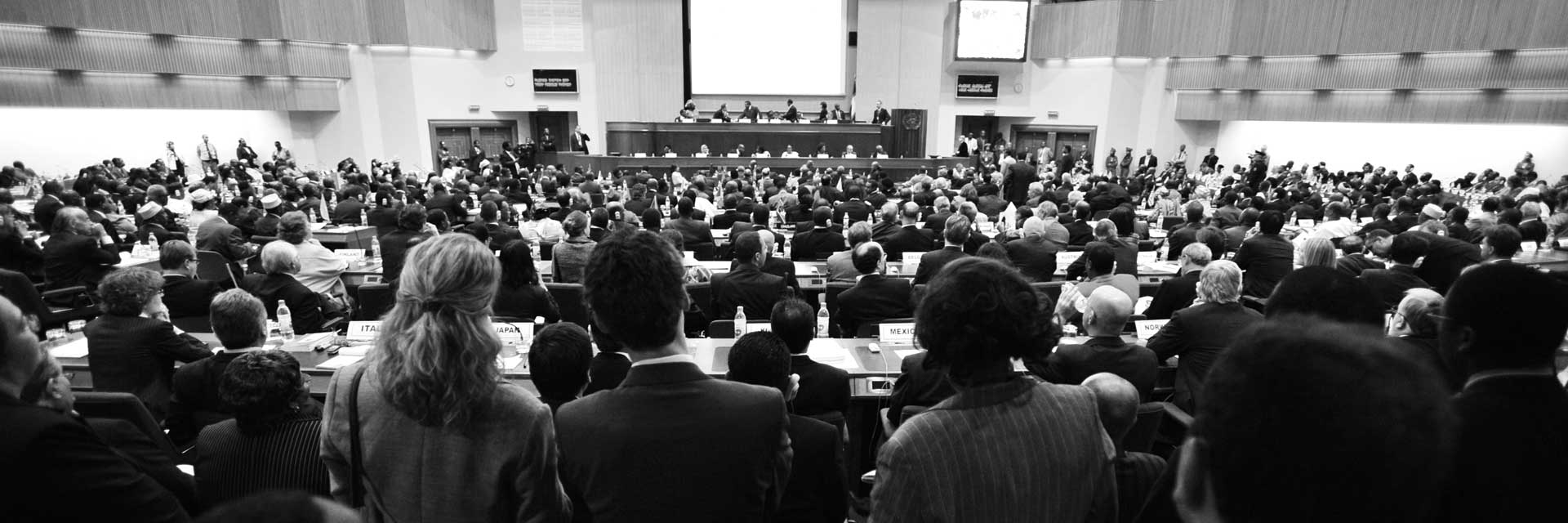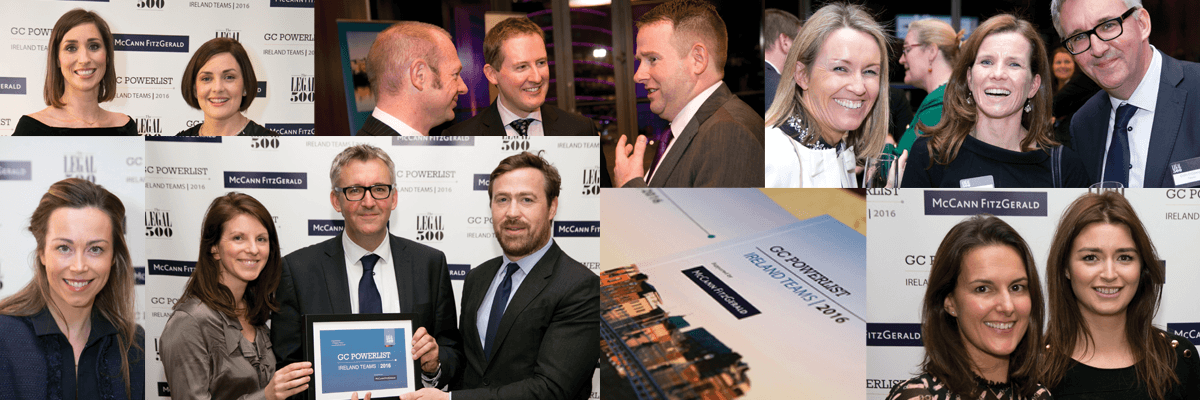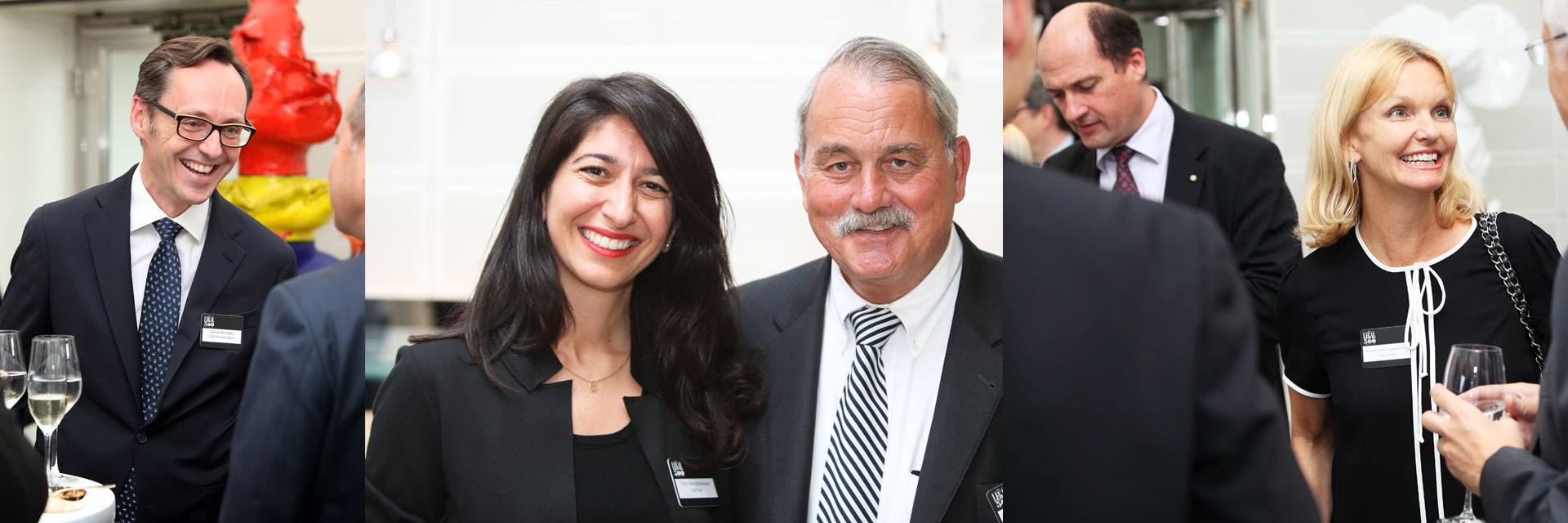GC: You’ve been on a quite a legal journey throughout your career, starting at Clifford Chance and now leading the legal function at Airbus. Did you always imagine yourself moving in-house?
Leading the law department: hire the best
For the inside counsel revolution to succeed, the General Counsel must follow a basic dictum: Hire the best. The key to the legal function’s credibility with the CEO and senior line executives is to seek broad-gauge lawyers who are outstanding technical experts, wise counselors and effective leaders to occupy the top specialist jobs in the company and to be general counsel in the main operating divisions. Placing the best people in senior lawyer positions across the company also has great ripple effects, as these individuals, in turn, build their specialty or business legal groups through other outstanding hires.
Continue reading “Leading the law department: hire the best”
Change is imminent
Alison Gaskins’ remit on joining Barclays’ legal department was formidable. Group general counsel Bob Hoyt told her in no uncertain terms, ‘I want to be able to have a conversation with my CEO which clearly states what the legal department is doing for its internal customers, including what it costs and why it costs what it does.’ A former management consultant with over ten years’ experience in COO and change management roles at Barclays, even Gaskins was initially daunted by the scope of this request.
Myths and millennials – separating buzzword from bunk
As the role of the general counsel in today’s modern corporation continues to evolve, the roles and responsibilities they are expected to fulfil has expanded exponentially. Chief among that growing mandate has been an expectation that the GC is not only an expert in their trained profession, but an effective manager and business partner.
Continue reading “Myths and millennials – separating buzzword from bunk”
GC Powerlist: Ireland Teams
The recent launch of the GC Powerlist: Ireland Teams, hosted in association with McCann FitzGerald in Dublin, was attended by a host of companies operating across the country including Ulster Bank, Facebook, EY, An Post and Ryanair.
Client Intelligence Report
Although the interactivity of the online database allows users to draw their own conclusions, The Legal 500 has sifted through the millions of data points to draw out some poignant in-house and law firm findings.
GC Roundtable – business leader/business partner/lawyer?
That the role of the general counsel is becoming an increasingly senior and integral part of today’s businesses will be nothing new for readers of GC Magazine. From GCs and partners through to CEOs and politicians, the importance of the role to modern business – from major corporates through to emerging companies – cannot be understated.
Continue reading “GC Roundtable – business leader/business partner/lawyer?”
Shifting gears – maintaining relevance through revolution
I’m not a lawyer – I’m a race car driver. But before that, I was the general counsel of a Fortune 500 company for a dozen years. Prior to that, I was an in-house counsel for almost a decade. Before that, I formed and ran a small investment bank/business broker and international consultancy. And before that that, I was a lawyer, spending about half a decade with BigLaw and a year as a Federal District Court Clerk.
Continue reading “Shifting gears – maintaining relevance through revolution”
The changing talent economy in sub-saharan Africa
Since the turn of the millennium, Africa has been a hotbed for foreign investment activity. As China’s ‘Go Out’ investment policy hit full stride and western investors sought new, potential high-return ventures in which to place their capital, the prominence of Africa as an investment destination has burgeoned.
Continue reading “The changing talent economy in sub-saharan Africa”
Zurich trailblazers
GC Magazine was excited to host the second in its cutting-edge events series, Trailblazers, in Zurich on 8 June 2016. Once again, we were working with Tom Sager, the innovative former general counsel of DuPont.









